Americans Transition from Congolese Cells to U.S. Soil Amid Mineral Talks: A New Chapter in U.S.-Congo Relations
- by Kaluma, Congo, RNG247
- about 9 months ago
- 158 views
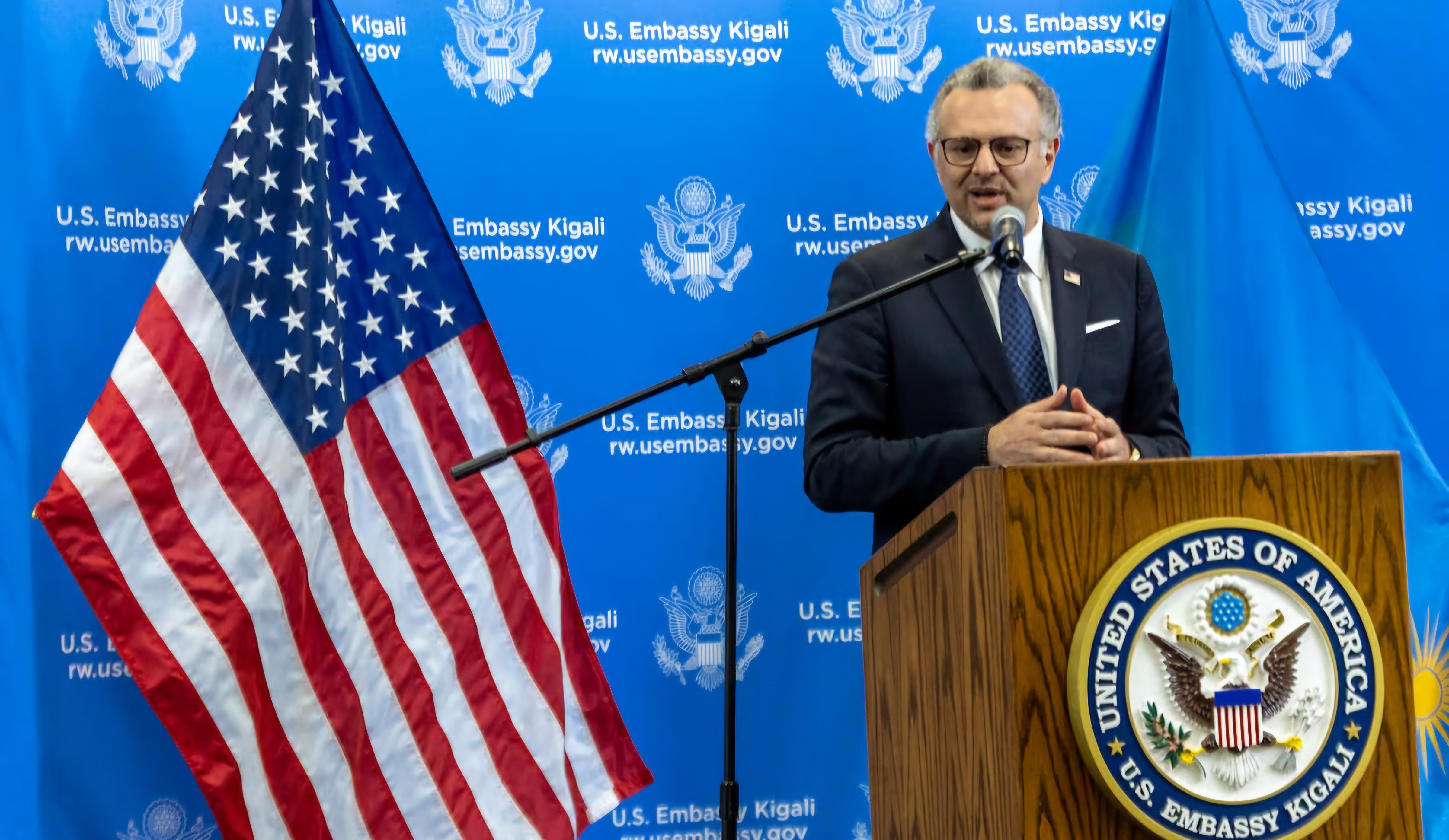
In a notable development in U.S.-Congo relations, three American citizens convicted in connection with a failed coup attempt were transferred to U.S. custody on Tuesday, marking a significant shift during ongoing negotiations over mineral resources critical to both nations.
Officials from the Congolese presidency confirmed the handover, stating that the trio's sentences had been commuted last week, allowing them to serve out their terms back in the United States. The pivotal agreement was solidified during a visit by senior Africa adviser Massad Boulos, who met with Congolese President Felix Tshisekedi in the capital city of Kinshasa.
The timing of this release is crucial, coinciding with heightened discussions between Washington and Kinshasa regarding security and potential mining partnerships. Earlier in the year, the U.S. expressed a willingness to explore critical minerals collaborations, as the Congolese government proposed a minerals-for-security arrangement to the Trump administration.
Tina Salama, spokesperson for President Tshisekedi, remarked on the implications of the Americans' release, saying, “This shows that the collaboration and cooperation between the two states is growing stronger and stronger.” Although the White House did not provide immediate comments on the matter, the State Department underscored the significance of repatriating American citizens as a top priority.
In addition to the progress on the release of the Americans, Joseph Szlavik-Soto, a lobbyist representing Kinshasa, revealed that the Congolese government has committed to compensating damages resulting from protests that targeted the U.S. embassy and other diplomatic missions earlier this year—an indication of the delicate balance both nations are striving to maintain.
The political landscape in the DRC has seen increased turbulence recently, especially following the swift advances of Rwandan-backed M23 rebels, who captured major cities in the eastern region since January. As Washington seeks enhanced access to the DRC's abundant mineral resources—essential components in mobile technology and electric vehicles, primarily controlled by Chinese entities—the U.S. administration remains open to various security proposals, which may include military training and support for Congolese forces.
A former high-ranking defense official weighed in, expressing hope that any engagement in the DRC would adhere to human rights standards and promote long-term regional stability. However, such an approach is not without its challenges, given the complex socio-political environment.
The three Americans were part of a larger group of 37 individuals sentenced to death by a military court in September following the coup attempt led by Christian Malanga, a Congolese politician based in the United States. One of the Americans, 22-year-old Marcel Malanga, was in Congo visiting a high school friend at the time of the uprising. During the trial, Marcel alleged that his father had issued threats of violence if they did not comply with his commands. Meanwhile, Marcel's mother has requested privacy for the family, stating that they need time for reflection and do not wish to comment further at this time.
As this diplomatic chapter unfolds, the outcome of the U.S.-Congo negotiations may have lasting effects not only on the individuals involved but also on the broader geopolitical dynamics concerning access to vital resources in the region.



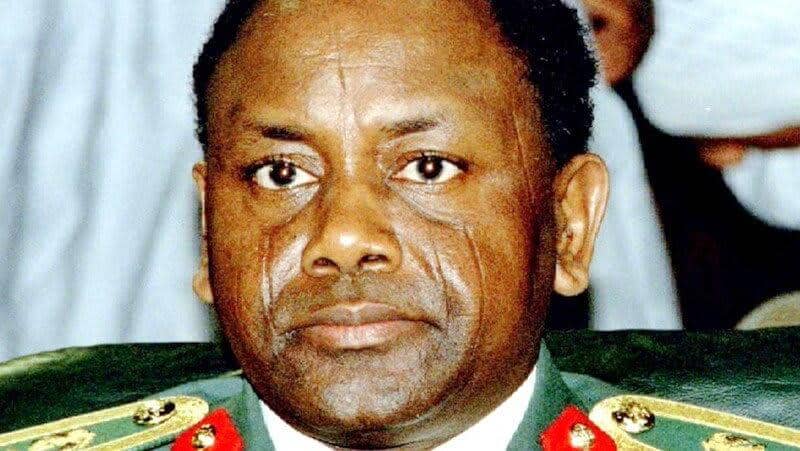
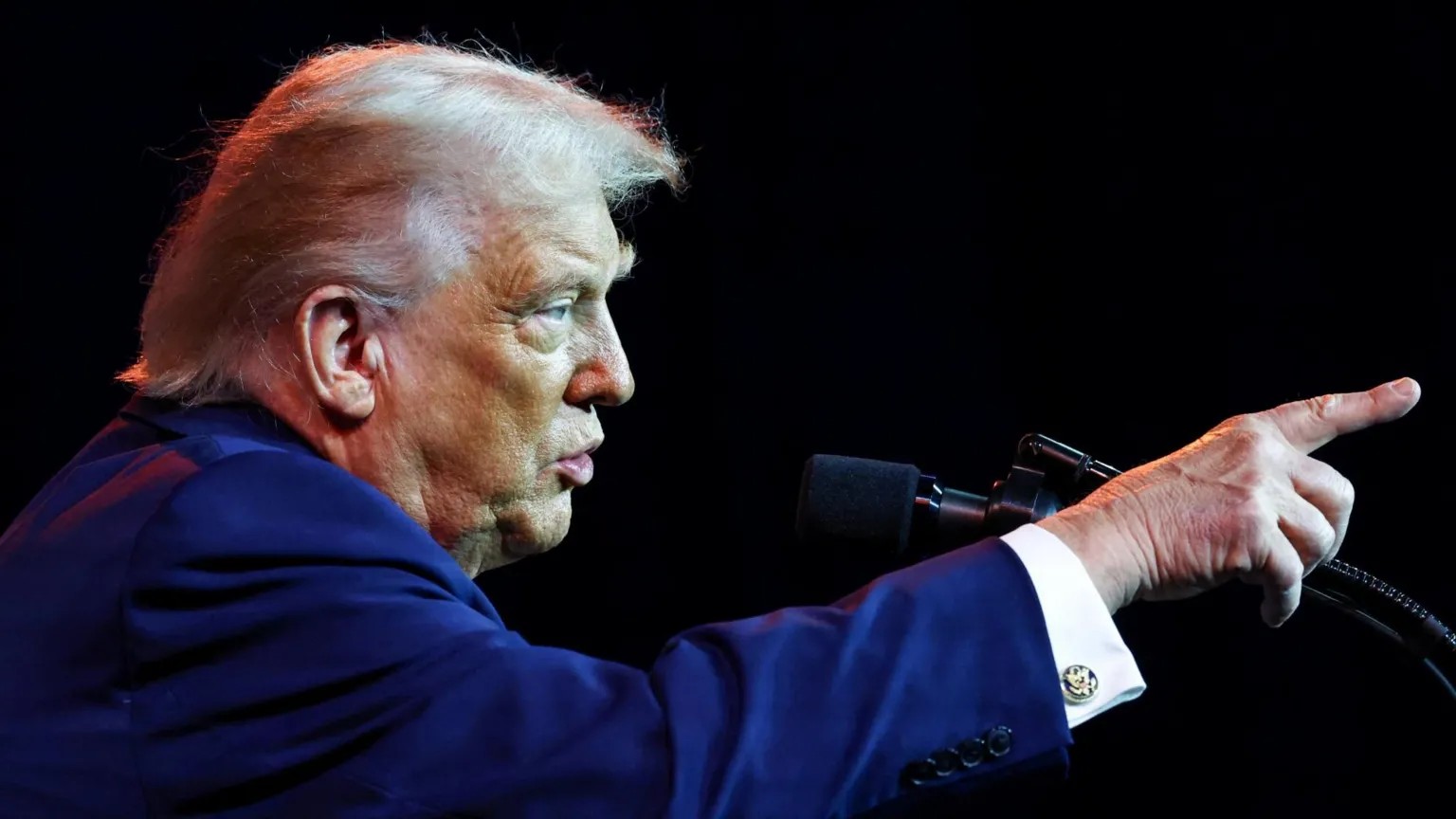
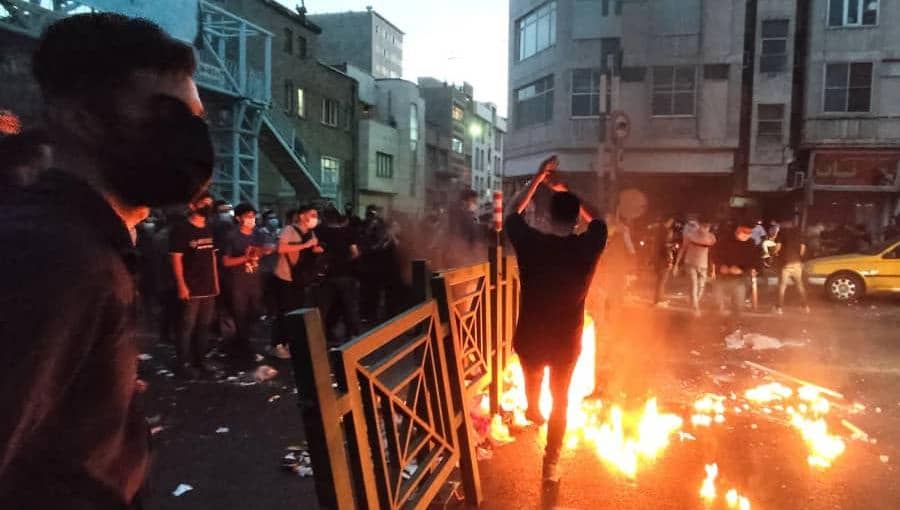
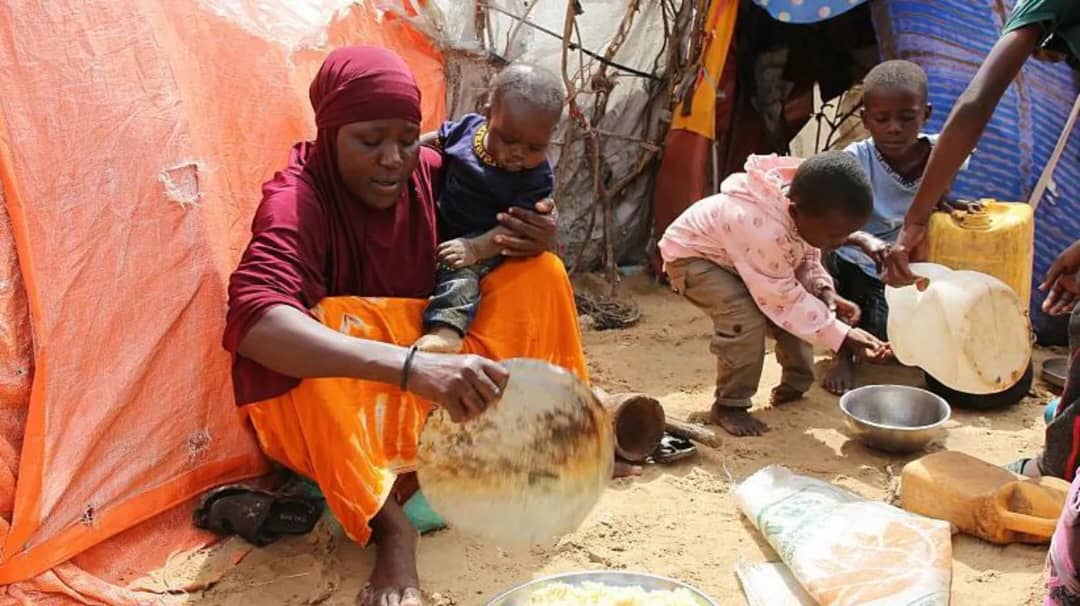
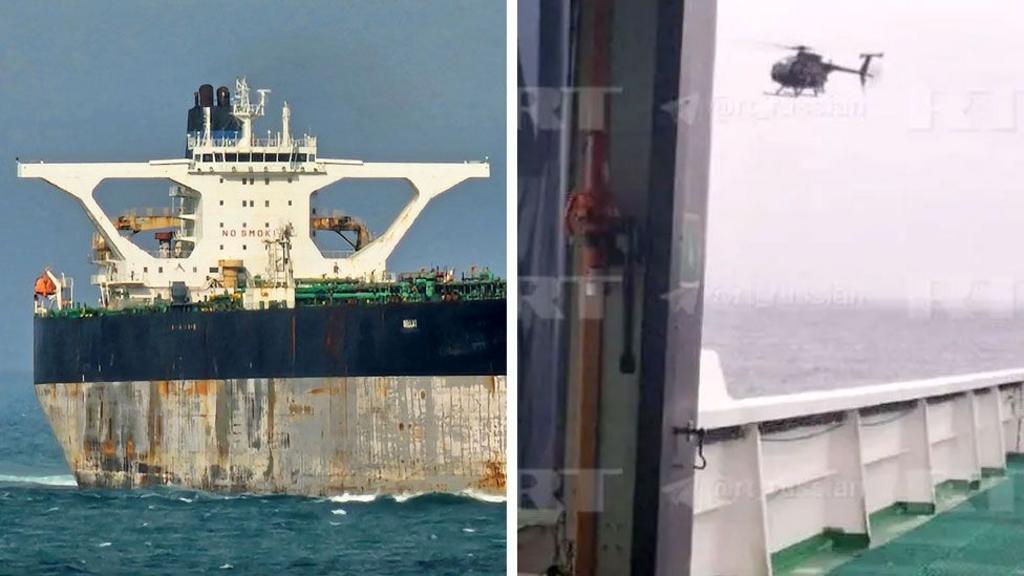
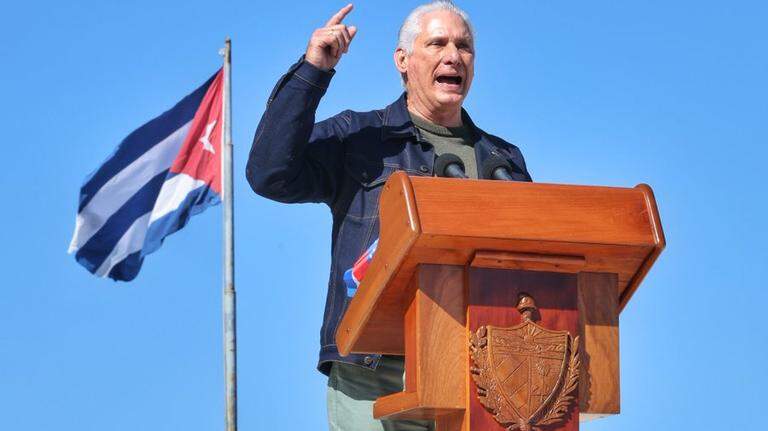
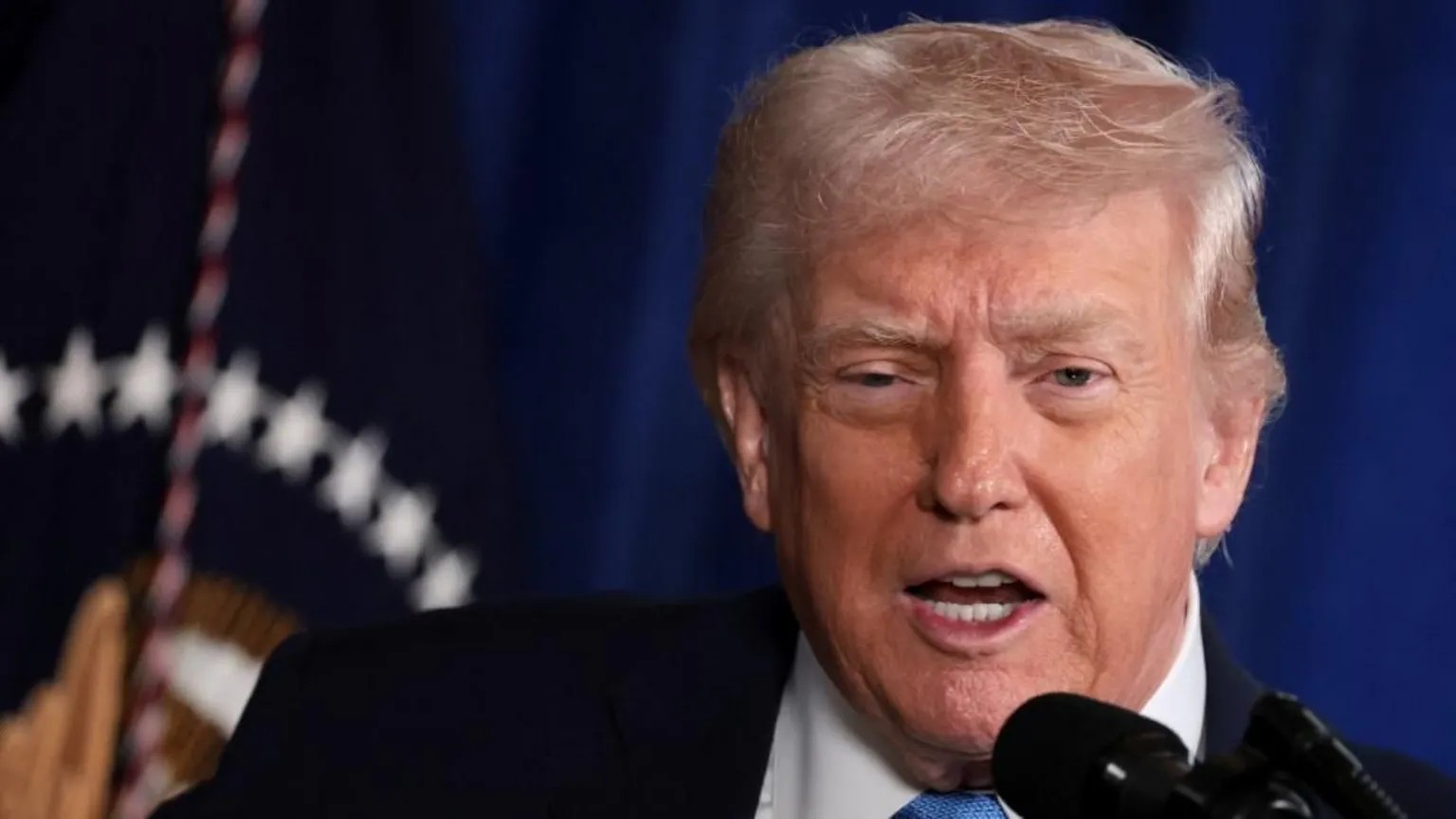
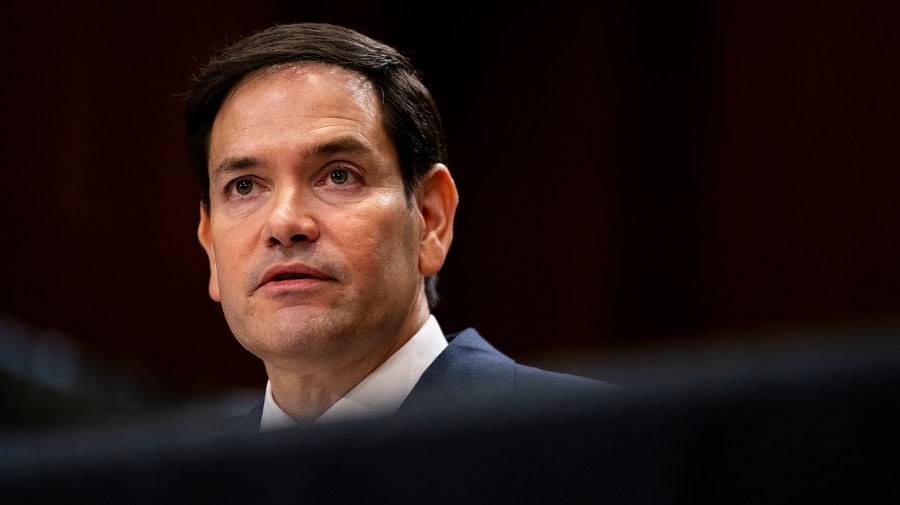
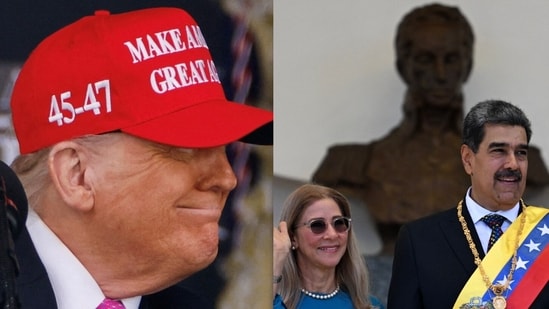
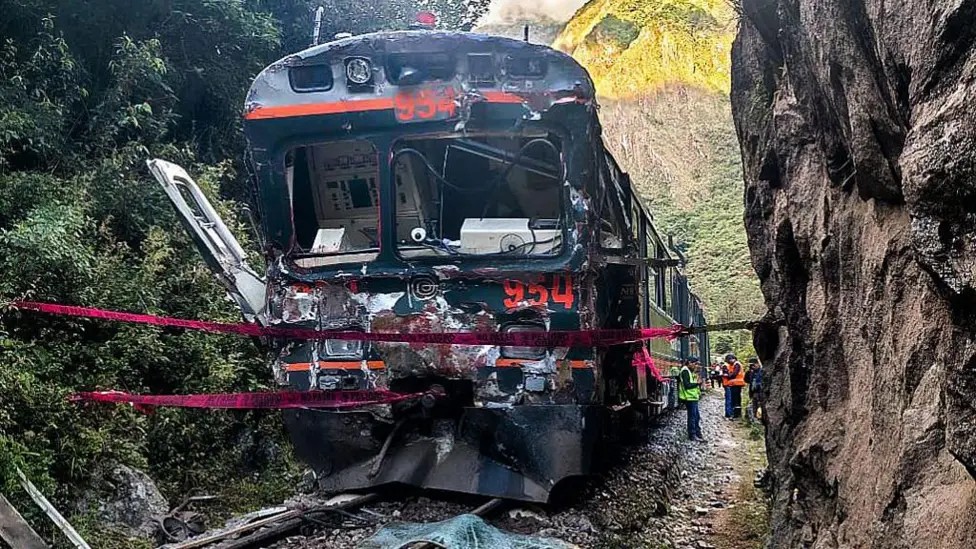
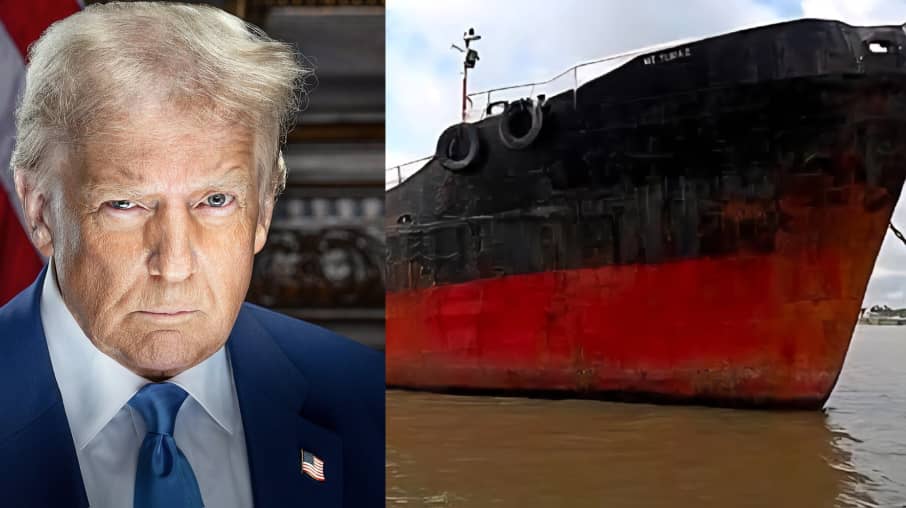
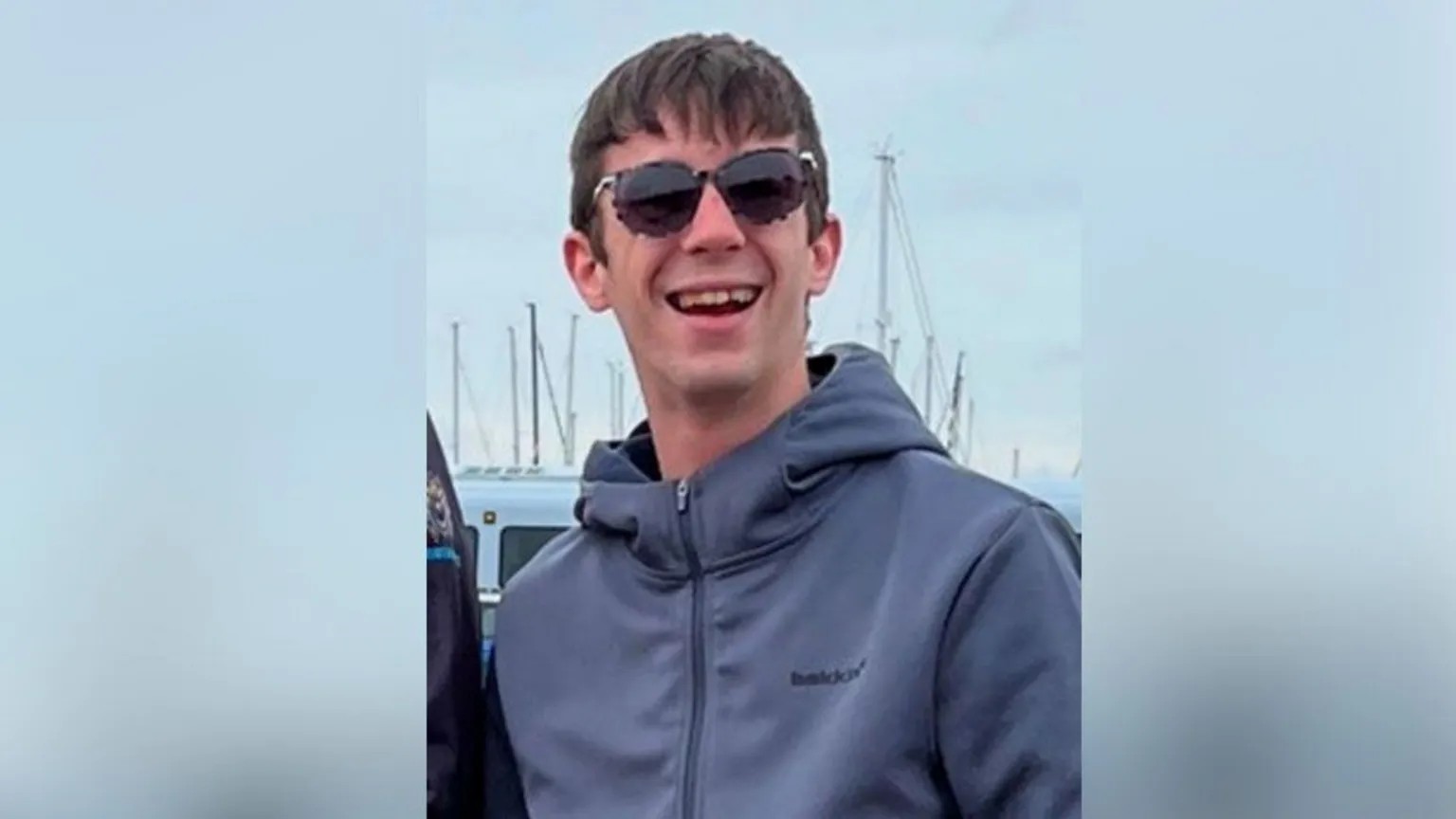

0 Comment(s)